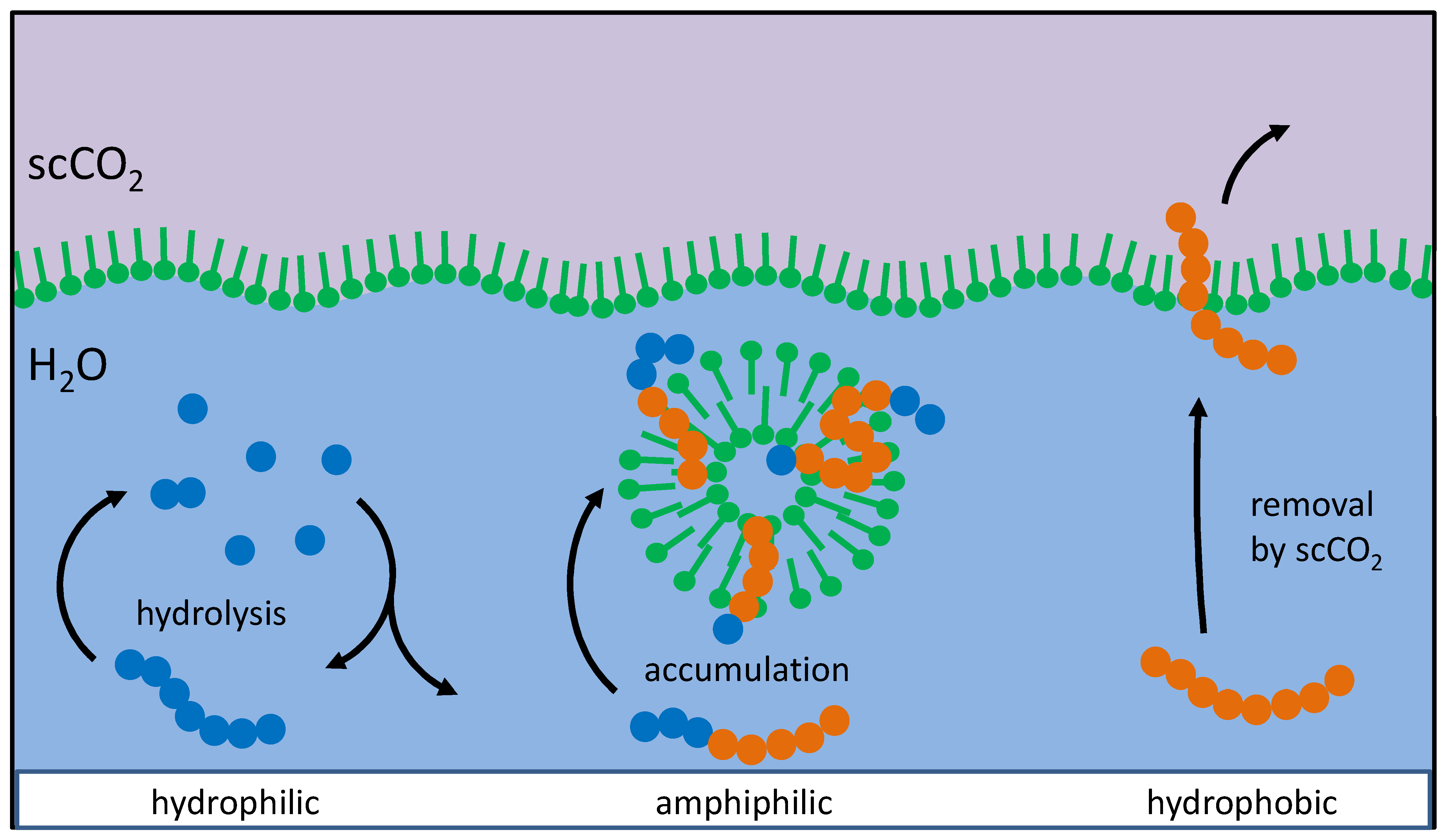Article
Version 1
Preserved in Portico This version is not peer-reviewed
Selection of Prebiotic Molecules in Amphiphilic Environments
Version 1
: Received: 15 December 2016 / Approved: 16 December 2016 / Online: 16 December 2016 (08:46:10 CET)
A peer-reviewed article of this Preprint also exists.
Mayer, C.; Schreiber, U.; Dávila, M.J. Selection of Prebiotic Molecules in Amphiphilic Environments. Life 2017, 7, 3. Mayer, C.; Schreiber, U.; Dávila, M.J. Selection of Prebiotic Molecules in Amphiphilic Environments. Life 2017, 7, 3.
Abstract
A basic problem in all postulated pathways of prebiotic chemistry is the low concentration which generally is expected for interesting reactants in fluid environments. Even though compounds like nucleobases, sugars or peptides principally may form spontaneously under environmental conditions, they will always be rapidly diluted in an aqueous environment. In addition, any such reaction leads to side products which often exceed the desired compound and generally hamper the first steps of a subsequent molecular evolution. Therefore, a mechanism of selection and accumulation of relevant prebiotic compounds seems to be crucial for molecular evolution. A very efficient environment for selection and accumulation can be found in the fluid continuum circulating in tectonic fault zones. Vesicles which form spontaneously at a depth of approximately 1 km present a selective trap for amphiphilic molecules, especially for peptides composed of hydrophilic and hydrophobic amino acids in a suitable sequence. The accumulation effect is shown in a numeric simulation on a simplified model. Further, possible mechanisms of a molecular evolution in vesicle membranes are discussed. Altogether, the proposed scenario can be seen as an ideal environment for constant, undisturbed molecular evolution in and on cell-like compartments, the latter offering preferential starting conditions for a subsequent RNA world.
Keywords
origin of life; selection; accumulation; prebiotic chemistry; molecular evolution; vesicles
Subject
Biology and Life Sciences, Biochemistry and Molecular Biology
Copyright: This is an open access article distributed under the Creative Commons Attribution License which permits unrestricted use, distribution, and reproduction in any medium, provided the original work is properly cited.
Comments (0)
We encourage comments and feedback from a broad range of readers. See criteria for comments and our Diversity statement.
Leave a public commentSend a private comment to the author(s)
* All users must log in before leaving a comment









